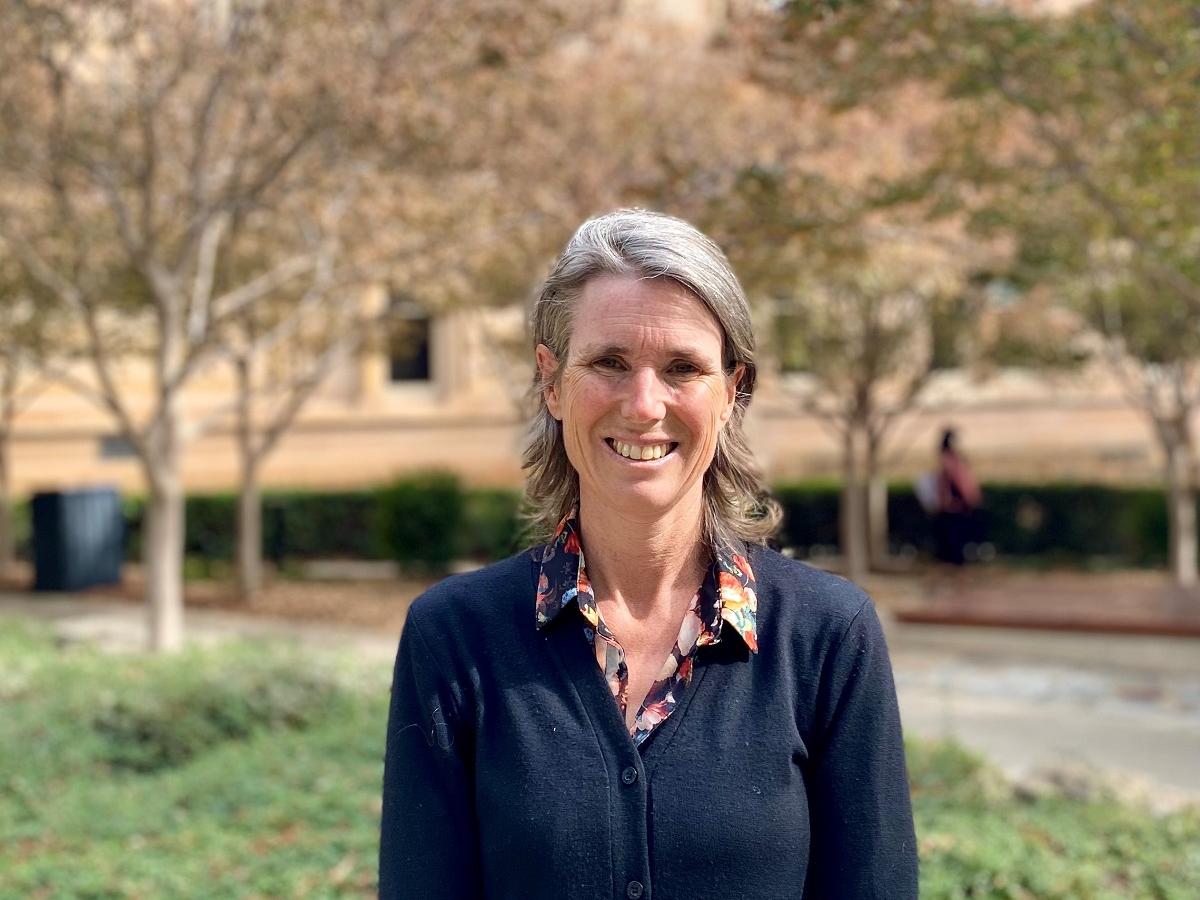
Professor Lisa Jamieson.
Researchers from the University of Adelaide have found that throat cancers caused by human papilloma virus (HPV), a common sexually transmitted disease, are 15 times more prevalent in Indigenous Australians than young non-Indigenous Australians, and five times the prevalence reported in a systematic review involving the US, Brazil, Mexico and Finland.
The initial findings have led to a continuation of the world-leading study for the next five years thanks to $3.1 million in funding from the National Health and Medical Research Council.
The ultimate goal of the research is to detect early signs of HPV-related oropharyngeal cancer before it becomes fatal.
HPV is normally associated with cervical cancer, but can spread to the throat, head and neck via oral sexual activities, and is increasing at a rapid rate globally.
Director of the University of Adelaide's Australian Research Centre for Population Oral Health (ARCPOH), Professor Lisa Jamieson, said extending the study would allow a deep dive of the critical knowledge they had already learnt.
"We found that the prevalence of oral HPV was about 15 times higher in the Indigenous population than the general population," Professor Jamieson said.
"There's two types of oral HPV, types 16 and 18, that are linked to oropharyngeal cancer, out of the more than 250 types overall.
"Sixteen and 18 have the strongest carcinogenic potential - type 16 has an almost 100 per cent risk of getting cancer - so it's important we understand how prevalent this disease is in Indigenous communities.
"We'll be doing thorough clinical examinations, which includes a full dental check of the teeth, the tongue, the backs of the throat, and taking blood samples to test for early stages of cancer."
"Like all cancers, if this can be detected early, it not only means less deaths, but also much improved quality of life for people who survive due to the need for less extensive surgery and other cancer treatment."Dean and Head of School, Professor Richard Logan
More than 1,000 Indigenous people from across South Australia - including Adelaide, Mount Gambier, Coober Pedy, Ceduna, Whyalla, Port Lincoln, Port Pirie and the Riverland - were recruited for the study, which started in 2019.






